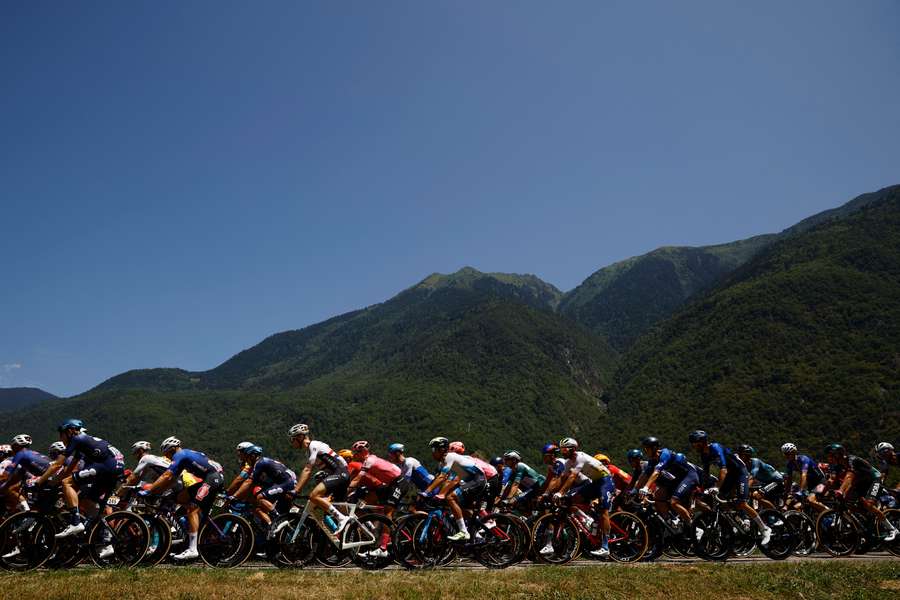Raphael Faiss, the Research Manager at the Centre for Research and Expertise in Anti-Doping sciences at the University of Lausanne, said that banned drug roxadustat represented a tough challenge for anti-doping authorities.
"(Roxadustat) is not new, it's been around since the early 2010s but available in the market only in Asia,' Faiss told Reuters.
"It stimulates your body like it is in altitude, and stimulates the upstream of red blood cells, promoting endogenous erythropoietin (EPO)."
Roxadustat, which has been detectable since 2017, has an elimination half-life of 10-16 hours, making it hard for the anti-doping controllers to catch potential cheats.
Former Wimbledon and French Open tennis champion Simona Halep (31) has been provisionally suspended since October 2022 after testing positive for roxadustat at the U.S. Open last year. Halep has strongly denied knowingly taking the banned substance.
Faiss said that athletes who repeatedly train in altitude camps for only a few days aroused suspicions, as they were hard to test.
According to the World Anti-doping Agency (WADA) whereabouts rules, athletes must communicate a 60-minute time slot for each day when they will be available and accessible for testing and are liable for potential ‘missed tests’.
They also must provide anti-doping authorities with their home address as well as the location and time of their training activities.
"It is hard to test athletes when they train in altitude as they may only be accessible by cable cars - which may not run at night," Faiss said.
The International Testing Agency (ITA), which has run anti-doping tests in cycling since 2021, has 60 testers dedicated to the sport working all year around on a pool of about 1,000 riders.
They have been working around the clock on the Tour de France, where overall leader Jonas Vingegaard (26) has faced questions about trust in cycling, a sport that has been marred by doping scandals in the past, following some superb performances in the race.
Vingegaard said he welcomes the scrutiny and has never taken any banned substance.
VINGEGAARD TARGETED
Olivier Banuls, head of the Cycling Unit at the ITA, told Reuters on Thursday that performance was among the criteria when targeting athletes for testing.
"We use a variety of criteria. Performance is one of the criteria and obviously Vingegaard's performance is one of them for us, so he is obviously targeted in particular," Banuls said.
"There are also other criteria for riders, such as biological passports or information we get from our Intelligence and Investigation Unit."
Banuls added that Vingegaard, who started Thursday's 18th stage of the Tour with a massive 7:35 lead over Tadej Pogacar - the biggest gap between first and second at this stage of the race since 1981, had been tested 18 times on the Tour.
Fourteen of those tests were not random as the yellow jersey holder is tested once a day.
He was also tested eight times in June, in and out of competition.
"We manage to test 95-96% of the riders we've scheduled to control," Banuls said.
Should an athlete not be available - outside their given 60-minute timeframe - they would not automatically be reported for a 'no show' but will be flagged to the International Cycling Union's legal department, Banuls said.
"We receive a notification and we give the athlete the opportunity to give an explanation and provide evidence of where they were - a restaurant receipt, for example," Simon Geinoz, legal advisor at the UCI, told Reuters.
"If we are not satisfied with the explanation, it will be registered as a 'whereabouts failure'."
Three whereabouts failures in a rolling 12-month period lead to an anti-doping violation and a potential two-year suspension.




